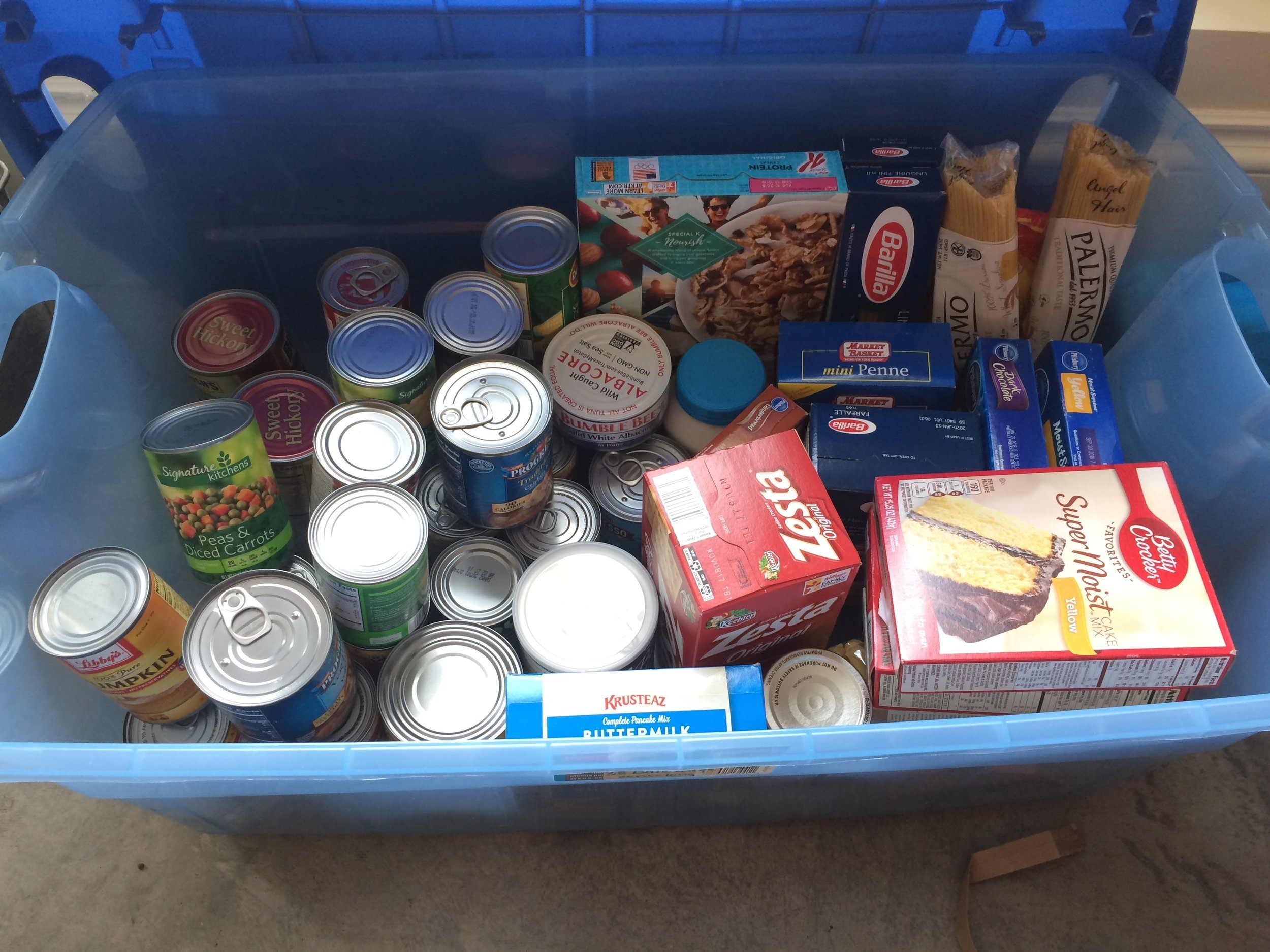By Scott MacFaden
The madness of the holiday season is now upon us, and so as a public service we at Wildlands Trust thought it appropriate to offer some suggestions to those of you who might be searching for creative gift ideas.
All of the works referenced below explore, and in some cases enhance, the interrelatedness of people and landscape, and were created by people who have some past or present involvement with the conservation field.
The Wild Places
The Old Ways
Robert MacFarlane, Author
Mr. MacFarlane is a fellow at Emmanuel College, Cambridge, England, and the author of multiple books exploring the connections between cultures, landscapes, and language.
The Wild Places has as its basis a seemingly simple question: are there any places left in Scotland, Ireland, England, and environs that could possibly qualify as a “wild” place, acknowledging that defining “wild” is a wholly subjective enterprise? MacFarlane explores this question with a profound curiosity, good humor, and a keen eye for detail, and his conclusions may surprise you. While the book has a particular geographic focus, it also speaks to universal themes that transcend the limitations of that focus. At the same time, if you have ever been to or wish to visit any of the places MacFarlane explores, you will appreciate this book all the more.
While primarily centered on the British Isles, in the Old Ways MacFarlane expands his geographic focus this time around to encompass Spain, the Middle East, and the Himalayas.
Ever the active and enthusiastic participant and never a mere observer, he sets boots to ground to explore a fascinating variety of “old ways”, including the “Broomway” in southeast coastal England, a muddy but somewhat walkable path at low tide which transforms to a very dangerous trek indeed at high tide. For the Broomway and all the other places MacFarlane explores on his journey, he educates us about their history while also affirming their contemporary relevance.
In addition to his authorial and pedagogical pursuits, Mr. MacFarlane is a founding trustee of Action for Conservation, a UK-based group that works to connect youth with the outdoors.
The Year of the Turtle
Trout Reflections
Swampwalker’s Journal
David Carroll, Author and Illustrator
Moving much closer to home, this trio of books by acclaimed naturalist, fervent wetlands advocate, author, and illustrator David Carroll comprises a so-called “wet sneaker trilogy”. Based in New Hampshire but at one time a resident of the South Shore, Carroll brings to his explorations a scientist’s rigor and eye for detail and an artist’s passion and enthusiasm—an unusual and invigorating combination.
You will almost certainly see and experience wetland ecosystems differently, and more acutely and appreciatively, after reading these books and engaging with their many vivid illustrations.
Mr. Carroll has worked with public conservation entities on a variety of initiatives, including conducting ecological assessments for the endangered species programs of New Hampshire, Vermont, and Maine.
Become Ocean
Inuksuit
John Luther Adams, Composer
Prior to crafting his nearly forty-year career as one of America’s most creative and free-thinking composers, Mr. Adams was one of us—yes, a practicing environmental professional in Alaska. Among other pursuits, he was the Executive Director of the Northern Alaska Environmental Center, and was involved in advocating for the Alaska National Interest Lands Conservation Act, which expanded the Arctic National Wildlife Refuge. While his departure from our field was a loss, he has more than made up for that with his contributions to America’s musical canon.
Mr. Adams’ works are informed by and reflect his deep environmental ethic. He has said that “my music is a way of making us more present in the world”. While we would wholeheartedly recommend any of the works in his now-expansive oeuvre, for now we direct your attention to two recent works—Become Ocean and Inuksuit.
Become Ocean is a grand-scale symphonic composition that won the Pulitzer Prize for music in 2014, and is a powerful and compelling musical meditation on how humans are affecting the planet’s ecosystems, particularly oceans. The Seattle Symphony recorded the work, and it has been widely performed across the United States.
Inuksuit is a very different type of composition—a percussion-based piece for anywhere from 9 to 99 percussion instruments/ensembles, dispersed across the given performance space. The exact number of percussion pieces is left to the discretion of the performance’s sponsors and performers.
Most interestingly, Inuksuit is intended to be performed outside, with whatever ambient conditions then prevailing becoming part of that particular performance. The piece has been performed across the United States and in Canada and Australia, and in 2016 Arnold Arboretum hosted a performance of the work to considerable acclaim. We at the Trust have great interest in possibly sponsoring a local performance at some point in the next few years.









